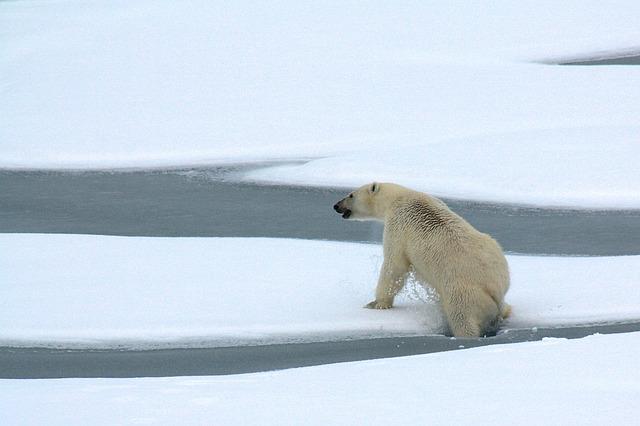
¡Hola, hombres y mujeres!
The third presidential debate was probably the last chance for the Trump campaign, which has lurched between deplorable scandals and media misadventures these past few weeks. It was a scrappy affair: Clinton was ‘nasty’ (not that that resonates), and Trump a ‘puppet’ (1: hmm…; 2: some investigative gold). The morning after the night before, Trump generously ventured that he’ll accept the election result if he wins, which is the crazy train’s logical next stop after the second debate, where he threatened to jail his political opponent. So by now it’s pretty clear that The Donald and the revered tenets of democratic tradition don’t mix. James Fallows’ Trump Time Capsule remains a touchstone of sanity, but if that doesn’t touch the sides, get loco with a little Weird Al Yankovic. These are dark days, but we’re almost there.
As some have already pointed out, it was striking that six+ hours of debate didn’t throw up one question on climate change. This long read on the retreat of Greenland’s ice sheet is a haunting reminder of the enormous threat, if ever we needed one.
As the battle for Mosul rages, useful reads came from all corners this week: The New Yorker (on ISIS’s retreat), The Atlantic (on ISIS’s spin doctors), National Geographic (an intricate portrait of ISIS’s rule), The New York Times (which mapped the battle), and Bloomberg (on live-streaming war).
After telling the Chinese media that the Arbitral Tribunal’s South China Sea judgement is ‘just a piece of paper with four corners’, Philippine President Rodrigo Duterte this week threw petrol and a match on the Manila–DC relationship by announcing his country’s military and economic separation from the US. He also joked (but not really) that he would be ‘dependent on [China] for a long time’ and that he has ‘realigned’ himself with Beijing’s ‘ideological flow’. While in no way undermining the recklessness of Duterte’s moves, a great piece at The Economist questions whether his plan has longevity, while a good read at The National Interest weighs some possible options for the US’s next step. IISS has also taken a timely squiz at Duterte’s first 100 days in office, which has a slightly different flavour to Ambassador Calaguian-Cruz’s piece here at The Strategist.
Let’s kick off our look at fresh research with two offerings from The National Bureau of Asian Research: the first is an article on the ‘strategic collusion’ between Russia and China in the Arctic; and the second is NBR’s latest book, Strategic Asia 2016-17: Understanding Strategic Cultures in the Asia-Pacific (the executive brief (PDF) is a must read for Asia–Pacific watchers a.k.a everyone). CSIS has started a brand new research program, the Aerospace Security Project, which will unpack policy debates around the air and space domains. The USSC’s latest report (PDF) argues that both Australian and American policymakers need to address ‘looming risks’ to the bilateral relationship and seek new opportunities to develop its current remit. And finally, a new RSIS commentary looks at the extent of the damage done to India’s submarine construction program after the DCNS data leak, and what this means for Australia’s boats.
Podcasts
As debate continues over the cost of the US Air Force’s proposed ICBMS, Arms Control Wonk has released a light-hearted podcast (42 mins) that reflects on some of the more amusing basing modes for ICBMs when the question was last discussed in the 1980s (PDF)—during peak Cold War paranoia.
In the latest offering from the CogitAsia podcast series (34 mins), CSIS’s Phuong Nguyen and Perth USAsia Centre’s Natalie Sambhi dive into to the first two years of Indonesian President Joko Widodo’s time in office, paying particular regard to what’s hot and what’s not in Jokowi’s foreign and security policies.
Video
The Wilson Center’s Robert Litwak released a book (download it here) on the likelihood of abuses of nuclear weapons earlier this month, and recently sat down for an interview (10 mins) on his latest work, and a framework by which to understand and assess the threat of nuclear terrorism.
Events
Canberra: India-watchers and civ-mil relations wonks will be treated next week to a lecture from Yale’s Steven Wilkinson on how India kept its military on a short leash in order to protect the country’s democracy. More info is available here.
Sydney: If you still can’t get enough of the US elections, ANU’s heading northwards on 4 November as part of their National Seminar Series to host a panel discussion on what challenges the President Elect will face in our near neighbourhood before the inauguration. This one will definitely sell out fast, be sure to register your attendance here.